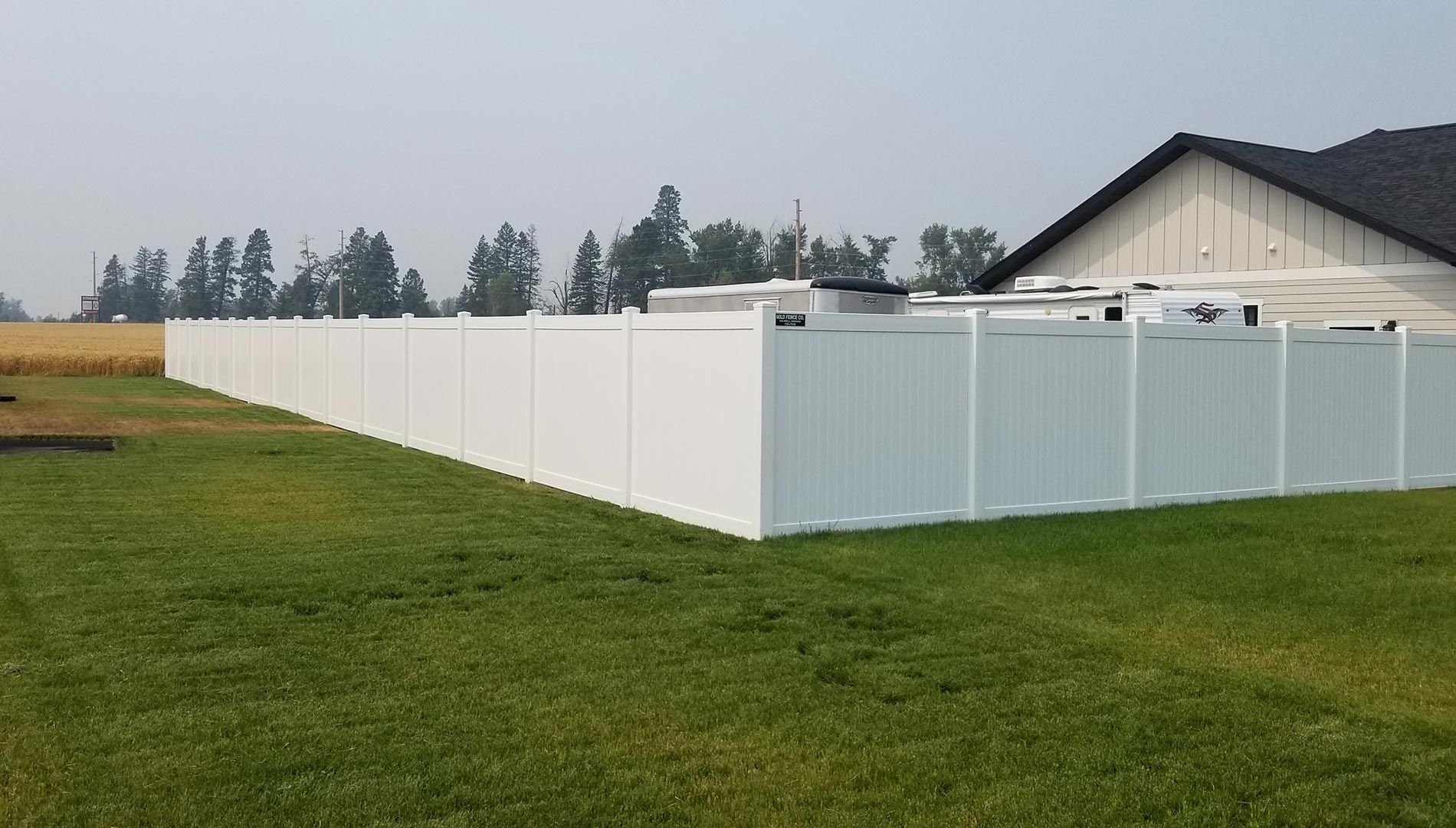How to Clean Your Fence with Environmentally Safe Products
Traditional cleaning products can contain harsh chemicals that harm the environment. Instead, opt for eco-friendly alternatives like a mixture of white vinegar and water or biodegradable soaps. These solutions effectively clean dirt, mold, and mildew without polluting the soil or nearby water sources. For tougher stains, baking soda can act as a gentle abrasive that’s safe for the environment.
Sustainable Fencing: Choosing the Right Repair Materials
When repairing your fence, choose materials that have minimal environmental impact. Recycled wood, bamboo, or composite materials made from recycled plastics are excellent options. These materials not only reduce waste but also often last longer, reducing the need for frequent replacements. Ensure old fencing materials are responsibly disposed of or repurposed whenever possible.
Choosing Energy-Efficient Tools for Fence Care
Power tools can be a significant drain on energy resources. Opt for energy-efficient or manually operated tools whenever possible. Solar-powered or rechargeable electric tools are a sustainable choice that minimizes your carbon footprint. Additionally, regular tool maintenance, such as sharpening blades and keeping parts lubricated, ensures they operate efficiently and use less energy.
